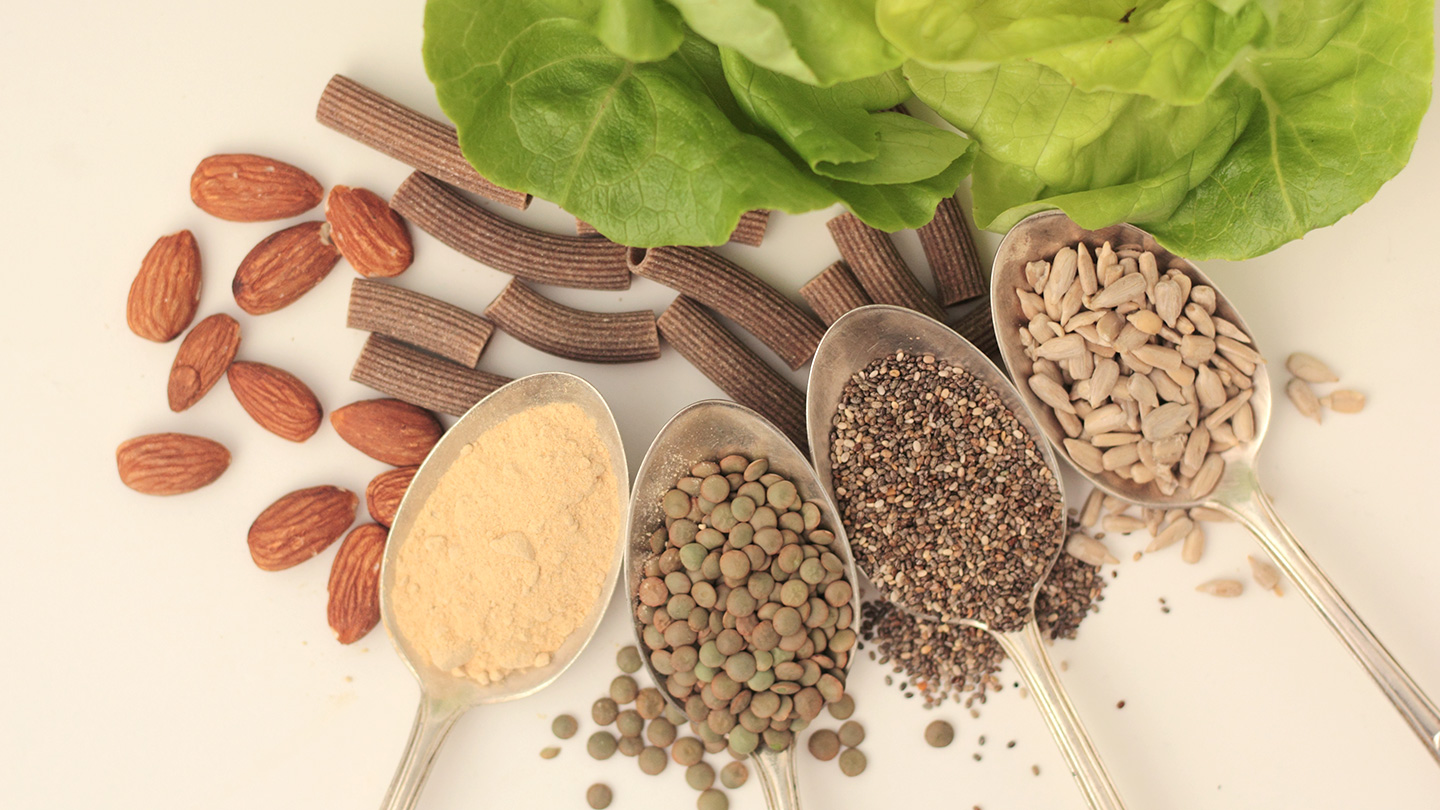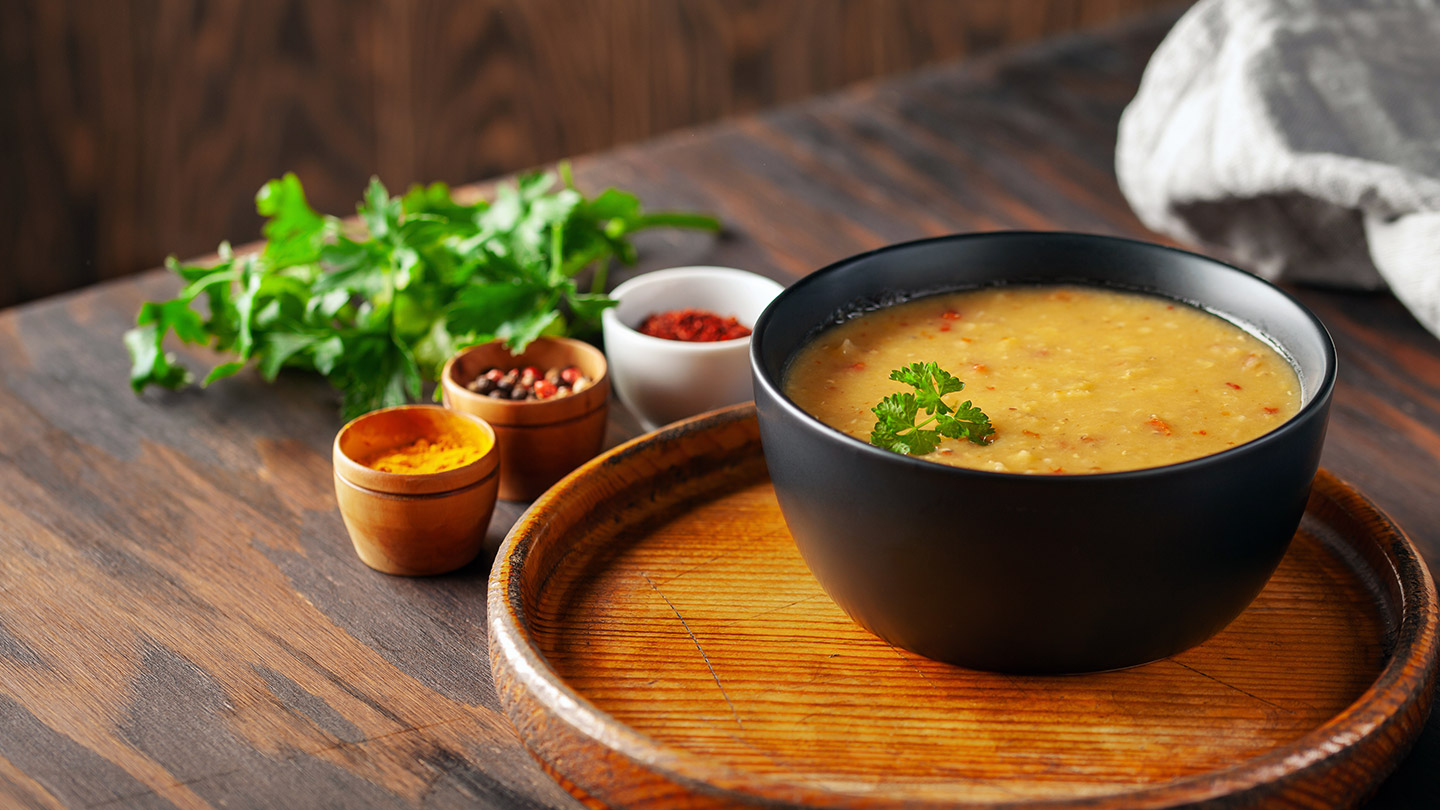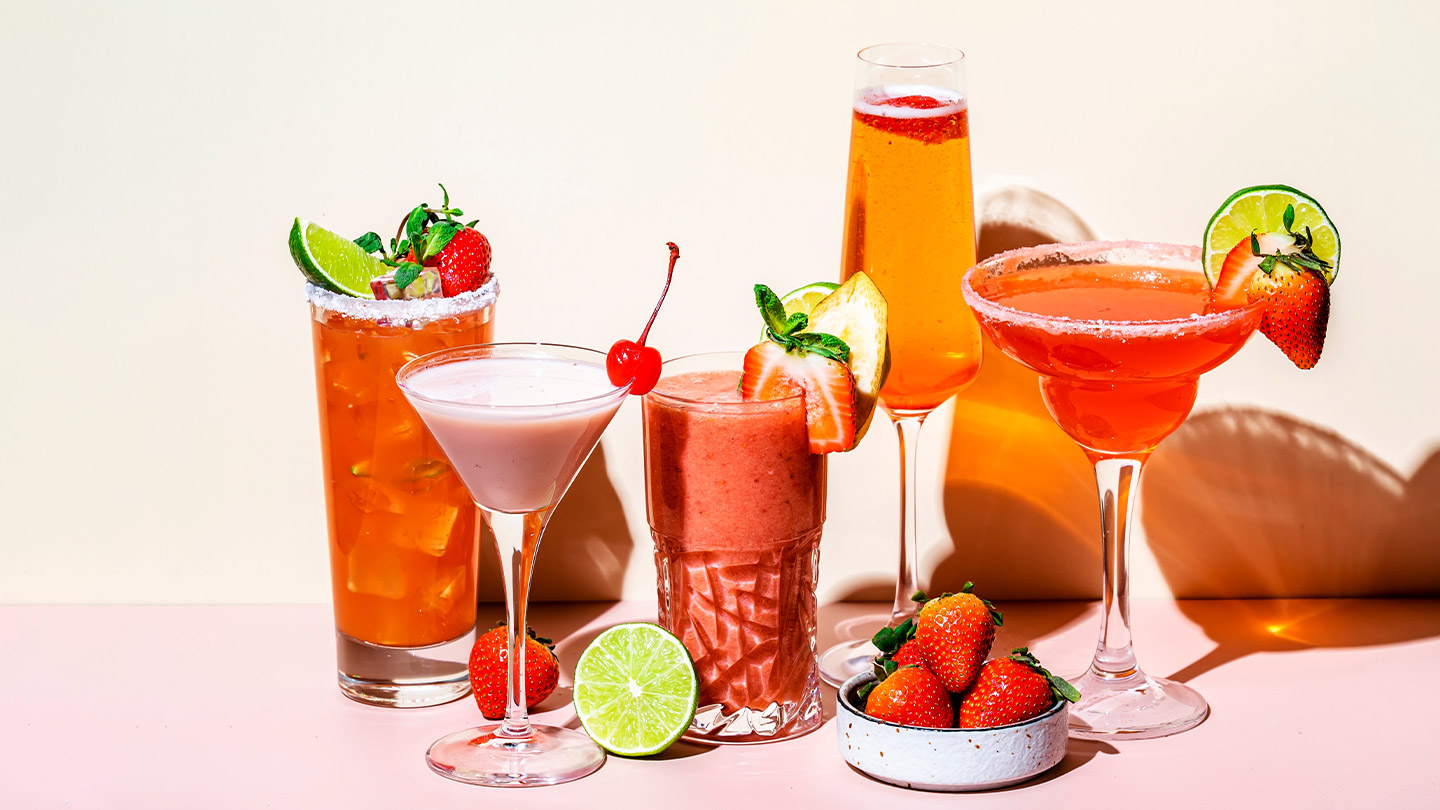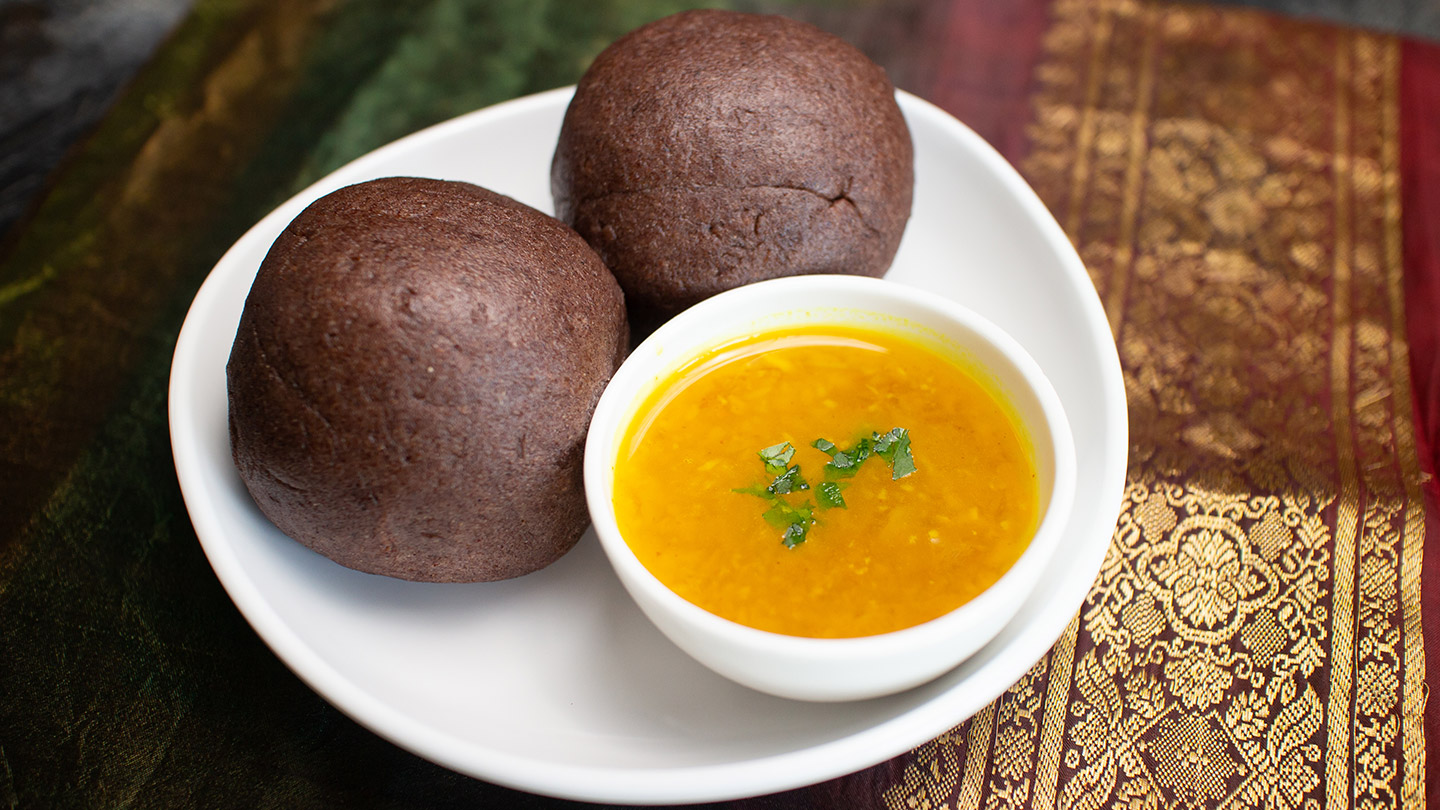Nutrition
5 Changes to Detox Your Kitchen
Detoxify your kitchen and improve your health with these 5 simple changes.

Our kitchens are the heart of our homes, where we nourish ourselves and our loved ones. But often, they are also filled with hidden toxins and unhealthy items that can affect our well-being over time. From the cookware we use to the cleaning supplies under the sink, the choices we make in the kitchen can have a significant impact on our health.
The good news is that making a few simple changes can help you detox your kitchen. So keep reading to know how to create a safer and more natural environment for preparing meals.
5 Ways to Detox Your Kitchen
Say No to Non-Stick Cookware
It’s easy to fall for the convenience of non-stick cookware. It promises an easy cooking experience with minimal oil and effortless cleaning. But when you consider the potential health risks, it’s worth saying no to non-stick pans. Many non-stick surfaces, especially those made with chemicals like PTFE (polytetrafluoroethylene) or PFOA (perfluorooctanoic acid), can release toxic fumes when heated to high temperatures. These chemicals have been linked to various health issues, including hormone disruption and potential long-term damage to organs. Try introducing alternatives like wood, borosilicate glass, silicone, or stainless steel, to significantly reduce your exposure to these harmful substances.
Wooden utensils, borosilicate glass cookware, silicone bakeware, and stainless steel offer safer, more natural options that align with both your health and the environment. Wood is a timeless choice, and being gentle on your cookware ensures a smooth, chemical-free cooking experience. Borosilicate glass and silicone are great because they are non-toxic, heat-resistant, and easy to clean, allowing you to cook without worrying about harmful chemical leaching. Stainless steel, known for its durability and resistance to rust, is a solid choice for various cooking tasks.
Related story: Best And Worst Cooking Oils: How to Choose With Experts
Avoid Using Plastic Boards
You might be wondering if not plastic boards, then what? Using a single piece of wood that has not been glued, instead of plastic boards, offers several advantages. Wood, especially types like maple or bamboo, naturally possesses antibacterial properties, which can help prevent the growth of harmful bacteria during food preparation. Unlike plastic, which can develop deep grooves and scratches over time that trap bacteria, a solid wood surface is less prone to this issue, providing a cleaner, safer environment for food. Additionally, untreated wood does not contain the harmful chemicals often found in plastics, which may leach into food over time, especially when exposed to heat or sharp knives. This makes wood a healthier choice for food preparation, reducing the risk of chemical contamination.
Furthermore, using a single, high-quality piece of wood minimises the risk of glue or synthetic adhesives, which can potentially release toxins when they come in contact with food. In short, opting for wood instead of plastic not only supports better hygiene but also ensures that the food remains uncontaminated by harmful substances, making it a healthier, safer option in the kitchen.
Related story: What Not to Do if You Are Using an Iron Skillet
Use Non-Toxic Kitchen Cleaning Products
We all want a clean and safe kitchen, especially when it comes to food prep. But the conventional cleaning products often contain harmful chemicals, like volatile organic compounds (VOCs), which can have serious health effects. From triggering asthma or allergies to skin problems like dermatitis, and even contributing to endocrine disruption or cancer, it's important to be mindful of what you use in your kitchen.
Luckily, there are plenty of non-toxic cleaning products on the market these days, or you can make your own with a few simple ingredients. A mix of baking soda, vinegar, or lemon juice, your favourite essential oils (peppermint or tea tree oil are great), and water in a squeeze bottle can do wonders for cleaning your kitchen surfaces without the harmful chemicals. It’s easy, effective, and much safer for you and your family.
Related Story: Handy Hacks to Master the Kitchen
Clean Out the Spice Cabinet
Your spice cabinet might hold some hidden surprises when it comes to food safety. Certain spices and seasonings go through a process called food irradiation, which is meant to reduce the risk of mould, bacteria, and pests. While this does extend shelf life, it can also lead to some downsides. Irradiation can alter the flavour, destroy some nutrients, and create potentially harmful byproducts.
Not to mention, it doesn't actually prevent food from spoiling—it just hides the smell.
When cleaning out your spice cabinet, make sure to check the labels on your dried herbs and spices. If they’ve been irradiated, the packaging will usually mention it. Since herbs and spices are such a powerful part of our nutrition, it’s worth choosing those that are unprocessed and haven’t been treated with radiation.
Ditch the Paper Towels
Paper towels- no hassle of washing and maintaining. Use and simply throw it away. But this comes with a hefty cost to our health. Most paper towels are made from bleached wood pulp, and during the manufacturing process, harmful chemicals like chlorine are used. These chemicals can leave traces in the final product, which can be transferred to your skin or food when you use them.
Cloth towels or rags are great options that can be washed and used again and again. You can keep a stack of them in your kitchen for wiping down counters, cleaning up spills, or even drying dishes. Another option is using microfiber cloths, which are highly absorbent and effective at picking up dust and grime.
EXPLORE MORE
Managing PCOS goes beyond quick fixes; evidence-based dietary and lifestyle shifts can ease symptoms. Dive in to know more.
Give your leftover dal a delicious second act with light, vegetable-packed soup. Gently spiced, nourishing, and easy on digestion, it’s the perfect bowl for rainy days or slow evenings.
Beat the heat with eight mocktails that are anything but ordinary; a glass full of flavour and joy.
A wholesome South Indian classic, Ragi Muddha with Thotakoora Pappu is rich in fibre, protein, and minerals. This earthy millet ball and amaranth leaf dal combo is perfect for a hearty, gut-friendly meal you can feel good about.












